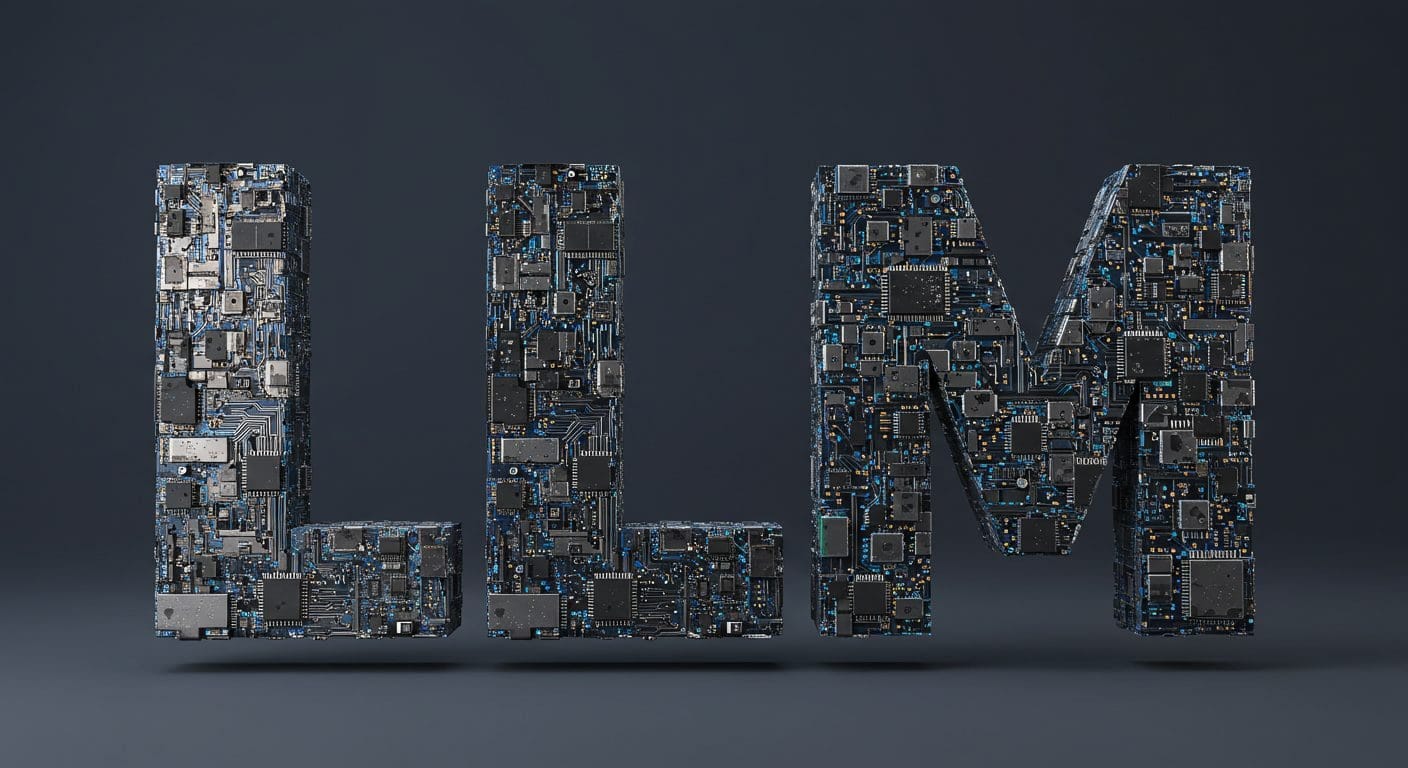IonQ Unveils Breakthrough Quantum-Enhanced AI Applications for Advanced Materials Science and LLM Optimization
IonQ, a leading commercial quantum computing company based in College Park, MD, has announced advancements in applying hybrid quantum-classical approaches to artificial intelligence (AI) and machine learning. The company demonstrated how quantum-enhanced generative adversarial networks (QGANs) can generate synthetic images of rare anomalies in materials science, while also showcasing the ability to fine-tune large language models (LLMs) using quantum machine learning (QML). These advancements were achieved through collaborations with a top-tier automotive manufacturer and AIST’s Global Research and Development Center for Business by Quantum AI (G-QuAT), highlighting the potential of quantum computing to enhance AI workflows in data-scarce environments.
IonQ Introduces Hybrid Quantum-Classical Architecture for Enhanced LLM Fine-Tuning
IonQ has developed a hybrid quantum-classical architecture designed to enhance large language model (LLM) fine-tuning through Quantum Machine Learning (QML). This approach integrates a parameterized quantum circuit as an additional layer within an open-source LLM, enabling improved classification accuracy. The system was tested against classical methods, demonstrating superior performance in specific tasks. Results indicated that increasing the number of qubits correlated with higher accuracy, while also highlighting potential energy savings as problem complexity grows. This advancement underscores IonQ’s commitment to advancing Quantum-Enhanced AI applications, offering new possibilities for optimizing LLM fine-tuning processes.
IonQ Demonstrates Quantum-Enhanced Generative Modeling in Materials Science
IonQ has demonstrated the application of quantum-enhanced generative modeling in materials science through a collaboration with an automotive manufacturer. The research involved training quantum generative adversarial networks (QGANs) to generate synthetic images of steel microstructures by sampling outputs from a trapped-ion quantum computer. This approach enabled the creation of augmented datasets that improved the quality and diversity of training data for industrial AI systems.
The results showed that QGAN-generated images achieved higher quality scores compared to classical methods, with improvements observed in 70% of test cases. This advancement addresses challenges in industrial AI where limited or imbalanced datasets can hinder model performance. By leveraging quantum-enhanced generative modeling, IonQ has provided a potential solution for optimizing materials characterization and manufacturing workflows.
IonQ Advances Quantum Computing Capabilities with Forte Enterprise Systems
IonQ’s Forte Enterprise quantum computing systems offer 36 algorithmic qubits, designed to address complex commercial and research use cases. These systems leverage IonQ’s trapped-ion architecture for high-fidelity operations and are available through major cloud providers, enhancing accessibility for organizations integrating quantum computing into their workflows.
Through partnerships like the memorandum of understanding with AIST’s Global Research and Development Center for Business by Quantum AI (G-QuAT), IonQ advances hybrid quantum technologies combining classical and quantum resources to solve complex problems in materials science and beyond. These collaborations highlight the potential for quantum technologies to enhance AI applications, offering new tools for researchers and businesses to explore complex challenges efficiently.
More information
External Link: Click Here For More




